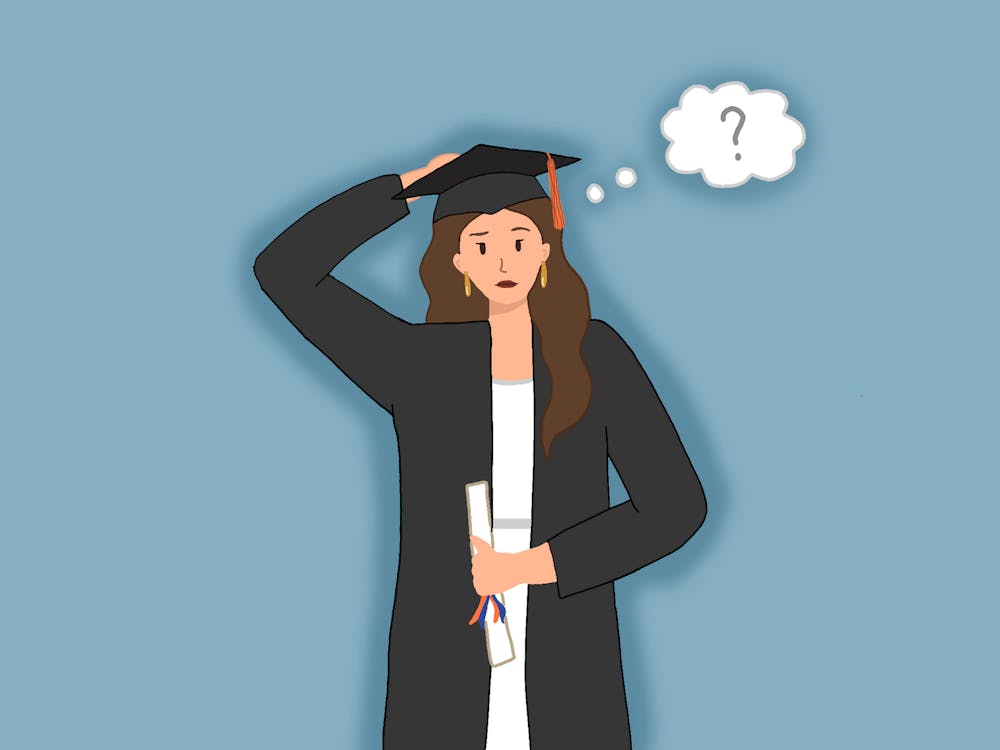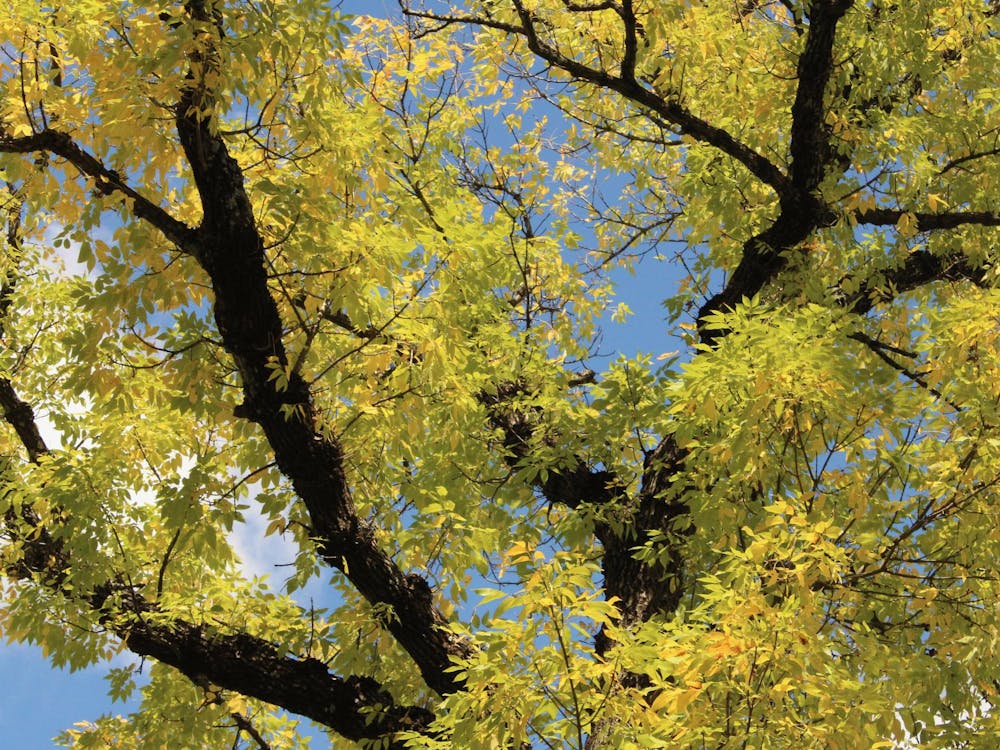ON THE Tuesday before last, January 17th, a series of residences and other buildings in and around the Rugby Road-14th Street corridor were designated as a new historic district by the Charlottesville City Council. This is an important move by the city, as it will greatly impede the explosion of high-density apartment buildings in the area in favor of the existing 18th and 19th century architecture. In addition, it will help fight traffic congestion caused by so many people living in a small area.
Nonetheless, it will be important to see how stringently this new ordinance will be enforced. Though a good concept, the ordinance could pose tremendous problems to the many fraternity and sorority houses in the area which, as high-use structures, frequently require renovations and expansions that are limited in historic areas.
The continual growth of the college population in the United States has led to the founding of new colleges, as well as the rapid expansion of many others. What is often less immediately obvious, however, is how this affects the local community. Among other things, all of these new students need a place to live. This drives up rent prices in the surrounding area and creates a demand for new, modern buildings, and as a result leads to the construction of high-density apartments as the fastest and most profitable way to meet demand. The price for this, however, is the destruction of many older buildings which have a rich cultural heritage.
In our own area, one of the most obvious examples of the old-new contrast is on Wertland Street, where the Wertenbaker House and the Georgia O'Keefe House sit next to multi-story apartment buildings. Indeed, what was last year one of the few remaining free parking lots in the University area, located next to the Wertenbaker House, is at this moment being turned into a high-density apartment building. Finally, there is, of course, the neighborhood around the University Hospital, where a house that burned down two years ago was swiftly replaced by the "Wedge" apartments -- infamous to those living next door during its construction.
The recent housing boom certainly solves problems caused by the inflow of new students and staff, but at the same time it changes the nature of the University community. Living in a house with a group of friends rather than being packed into apartments teaches responsibility and is integral to the college experience, and there istremendous value in preserving the Greek-life community which is unquestionably at the heart of Rugby Road and which, to many, defines it. Fraternity and sorority members consist of approximately 30 percent of the student body and include many of its most notable alumni. These men and women and their houses are a critical part of the University's heritage, and they continue to provide a wide variety of service to the community.
Ironically, though fraternity and sorority houses are protected by the ordinance, they and other property owners also have the most potential to be harmed by it. An unfortunate side effect of the ordinance is that it makes necessary changes to the existing structures more difficult.
If indeed the Charlottesville City Council's objective was to preserve the area against new high-density buildings, then there will not likely be much of a problem. However, many of these houses -- including those belonging to Charlottesville residents, not just fraternities and sororities -- are often in need of expansion or renovation. This has the potential to be severely hampered depending on how stringently the new ordinance is interpreted.
Fortunately, the fate of the Rugby Road area, an area which the ordinance notes as being of "unique architectural and/or historic value," seems secure both in its historical state and in its ability to evolve. From living in a 100-year-old fraternity house on Rugby Road, it is easy to see the history that the area has provided to both the University and to the Charlottesville community. Walking through these structures, it is easy to imagine the hundreds of students, professors and Charlottesville residents who have lived or worked there, and whose legacy has made the University what it is today.
Allan Cruickshanks is a Cavalier Daily associate editor. He can be reached at acruickshanks@cavalierdaily.com






